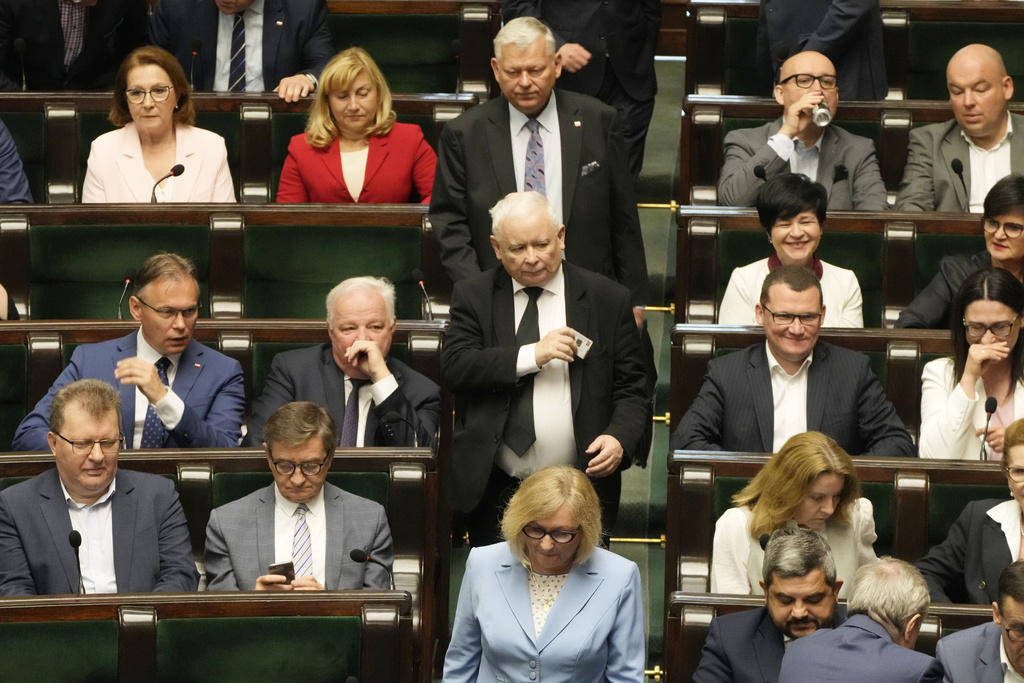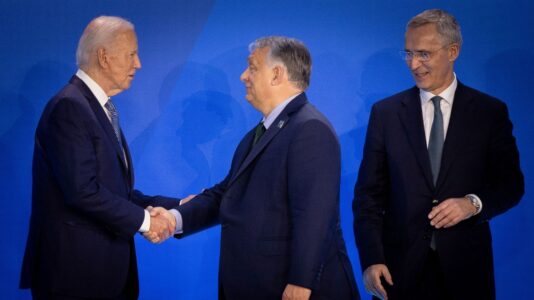Every Polish mainstream party with the exception of The Left has experienced a recent drop in support as those who consider themselves to be undecided see a dramatic rise, recent polling shows.
According to the latest United Surveys poll for the Wirtualna Polska news outlet, if elections were held next Sunday, several parties including Civic Coalition (KO), Law and Justice (PiS), Confederation, and Third Way would all still surpass the electoral threshold but with less support.
The Conservative PiS recorded the largest decline, but KO, the liberal-left coalition led by Prime Minister Donald Tusk is also experiencing significant losses, with both parties separated by just 4 percentage points.
Civic Coalition leads the polls with 31.2 percent of the vote share, a decrease of 3.2 percentage points from the last survey. Law and Justice (PiS) follows with 27.2 percent after a loss of 6.5 percentage points. The right-wing Confederation has also seen a decrease, now at 11 percent (down by 0.9 percentage points).
Support for Third Way is currently at 9 percent, marking another loss of 1.8 percentage points for the alliance between the Polish People’s Party (PSL) and Szymon Hołownia’s Poland 2050. The Left remains at the bottom with 7.7 percent support but is the only group to have gained, increasing by 1.5 percentage points.
Additionally, 13.9 percent of survey respondents were undecided or chose “don’t know/hard to say,” an increase of 11.4 percentage points.
Professor Rafał Chwedoruk, a political scientist from the University of Warsaw, attributes PiS’ sudden decline to internal party issues, including a local conflict in the Małopolska region. Despite holding a majority, PiS has struggled to elect regional leaders for several months due to a factional rebellion. Chwedoruk notes that the party’s lack of coalition-building capabilities diminishes its chances of regaining power.
Professor Antoni Dudek from Cardinal Wyszyński University (UKSW), in his commentary, pointed out that PiS leader Jarosław Kaczyński has not introduced any new ideas for many months, instead repeating the same messages.






